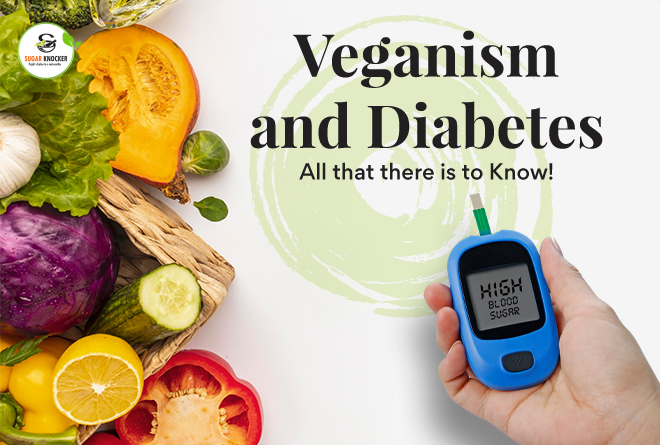
‘Veganism is a lifestyle choice that tries to avoid, as much as is practically feasible, all kinds of exploitation of, and brutality too, animals for food, apparel, or any other purpose. Vegans consume a plant-based diet, eliminating all animal products like meat (including fish, shellfish, and insects), dairy, eggs, and honey, as well as leather and other animal-tested items.
People prefer to live a vegan lifestyle for a variety of reasons, including compassion for animal welfare and the environment. Nevertheless, another element that may drive people to adopt a vegan diet is that it may have certain health advantages.
It has also been much easier to ‘become vegan’ in recent years. You used to have to go to a health food store to get items like tofu or tempeh, but now you can get most of the stuff you need for a nutritious vegan diabetes diet at your local supermarket. In order to accommodate the growing number of vegans, many restaurants are now including vegan alternatives on their menus.
What is a Healthy Vegan Diet?
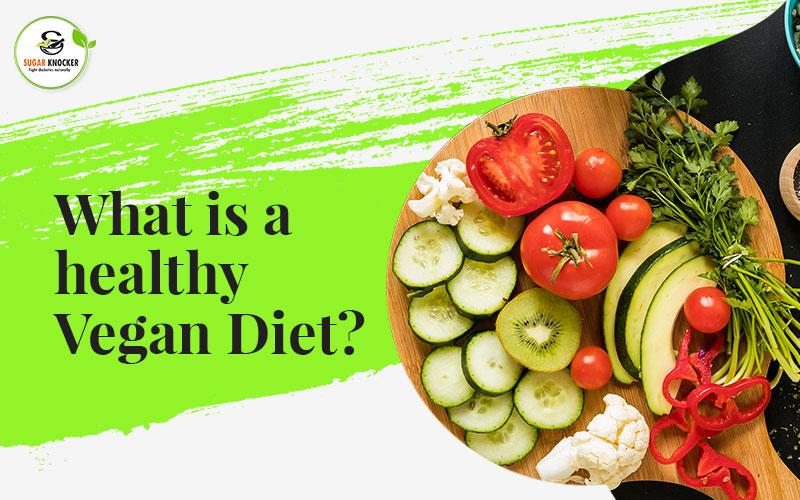
Even while the majority of the foods in a vegan diet are inherently healthy, this does not imply that all vegan diets are. Salt, sugar, and fat can still be introduced, rendering them unhealthy.
Because people with diabetes have a higher risk of cardiovascular disease (CVD), maintaining a healthy weight, lowering blood pressure, and lowering cholesterol levels are all important, and plant-based meals can assist.
People who follow a vegan diet should still follow basic healthy eating guidelines, such as choosing wholegrain, low-GI carbs over processed choices, eating less salt, saturated fat, and sugar, and keeping track of their weight.
When designing a vegan diet, especially for youngsters, a bit of extra care and attention is required. When you first start a vegan diet, you must make sure that it includes all of the essential elements for excellent health. Speaking with a dietician can help you ensure that your diet is well-balanced.
To get the most out of a vegan diet, eat whole and minimally processed foods, such as:
- Fruits
- Vegetables
- Leafy greens
- Legumes (beans, peas, lentils, chickpeas)
- Whole-grain bread
- Oats
- Brown rice
- Nuts
- Seeds (flax, chia, hemp)
- Soy products (tofu and tempeh)
Benefits of a Healthy Vegan Diet
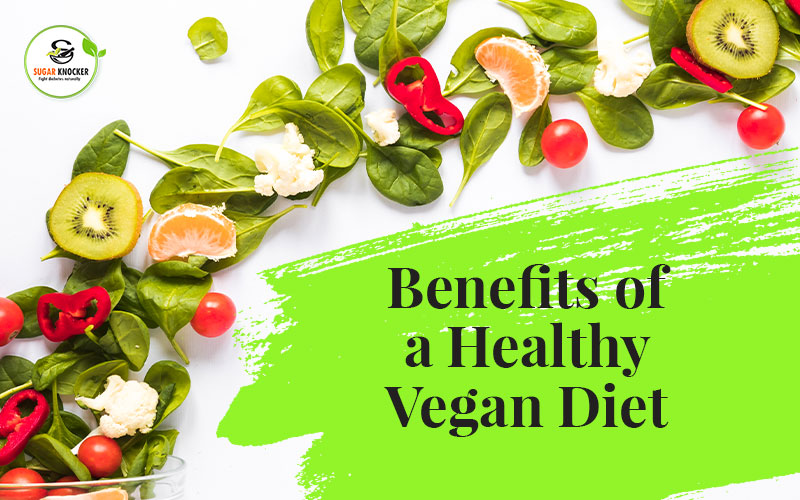
Animal products include saturated fat, which can trigger inflammation and cardiovascular disease. Insulin resistance and type 2 diabetes are much more likely a consequence of this. Unsaturated fats are abundant in a vegan diet, on the other hand. Fiber, antioxidants, minerals, and polyphenols are all abundant in plant-based foods. These can help you manage your glucose levels and protect you from diabetes. There’s also research that shows that a vegan diabetes diet can help you:
- Improve diabetes-related nerve damage (neuropathy)
- Lower your cholesterol levels
- Assist you in losing weight
- Maintain a healthy A1c level.
- Increase your insulin sensitivity.
- Reduce Blood pressure
- Reduce the symptoms of metabolic syndrome
- Assist your body in producing beneficial bacteria in your gut.
If you lose weight, you may require less medication. Every time you lose 10 pounds, consult your doctor. You’ll most certainly need to reduce your insulin or even other diabetes medication dosage.
Veganism and Type 1 Diabetes
Diabetes cannot be cured by a healthy vegan diabetes diet. However, it may assist you in maintaining a more consistent blood sugar level. Your glucose levels can be lowered if you lose weight. This could affect the amount of insulin you need to take. Any changes in your diet or weight should be communicated to your doctor. They can ensure that you are receiving the correct dosage of medication.
If you have type 1 or type 2 diabetes, a balanced vegan diabetes diet is beneficial. A vegan diabetes diet can provide you with all of the nutrients your body requires. All you have to do is:
- Make a meal plan.
- Consume enough calories
- Consume a wide range of foods.
Your doctor may also recommend that you take a vitamin supplement. Here are several options for obtaining critical nutrients:
Protein. The average adult needs 46-56 grams of protein per day. If you eat a wide variety of legumes, nuts, and seeds throughout the day, you can achieve that objective. Protein is also abundant in soybean products such as tempeh and tofu. Including a protein-rich item in each meal is a smart idea.
Vitamins D and calcium
Vitamins and minerals are added to a variety of plant-based milk. Two servings a day is a good goal to aim for. Non-dairy milk can be used to make breakfast oatmeal. Alternatively, a warm glass of wine might be consumed before heading to your bed. Calcium is included in almonds as well. B12 is a water-soluble vitamin. Vegans must supplement this vitamin the most. This is due to the fact that it is absent from the majority of plant meals. Most fortified cereals and plant-based milk, on the other hand, are fortified. Nutritional yeast and fermented foods, such as tempeh, are also good sources. However, if you have any concerns concerning B12, you should consult a physician.
Diabetes and Vegan diet
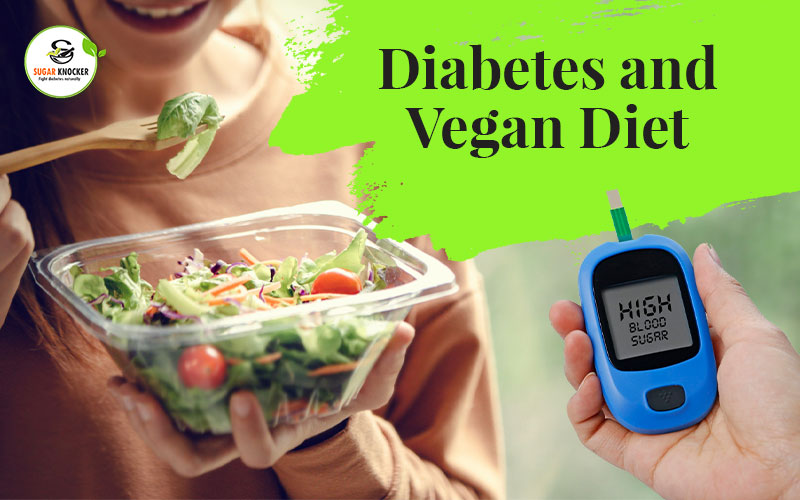
Vegan diabetes diets are low in saturated fat, richer in fiber, fruits and vegetables, and other preventive compounds like phytochemicals and antioxidants, and hence match well with existing diabetes dietary guidelines.
There’s no rationale why you shouldn’t practice a vegan diet if you want to, but if you have any questions or concerns, you should talk to your diabetes team about it.
It’s a good idea to conduct some studies before starting a vegan diet. The Vegan Society is a fantastic resource for knowledge, with plenty of helpful hints and ideas.
Whether you’re ready to go entirely vegan or want to ease into it by adding plant-based meals in your diet or progressively eliminating meat and dairy products, there are a few things to keep in mind.
We’ve compiled a list of specific considerations for maintaining a healthy, balanced diet.
- Maintaining a healthy diet
- Protein
- Many new vegans worry about getting enough protein. Nevertheless, it’s possible that it won’t be as serious as we think. Most of us consume considerably more protein than our bodies require, yet there are numerous vegan foods that are high in protein:
- Nuts, seeds, and most butter made from them (e.g., cashew, tahini, peanut, almond, and Brazil)
- pulses and beans (e.g., butterbeans, chickpeas, and lentils)
- milk made from vegetables (e.g., soya, almond, and hempseed)
- items made with quinoa and soya (e.g., tofu, soy cheese, and soya milk)
- Quorn is a vegan product.
Because plant-based protein sources contain more carbohydrates, switching to a vegan diet may lead to an increase in your carb intake. Nevertheless, you can still limit your quantities and choose foods with a low glycemic index (GI) and high fiber content. The GI is a measurement of how rapidly carbohydrates are digested; the higher the GI, the faster the carbohydrate is assimilated.
Vitamins
Vitamin B12 is required by the body in order to promote optimal blood and a healthy neural system. Vitamin B12 is obtained from the diet, but it can only be found naturally in animal products. To compensate for this, many vegan meals are fortified with B12. To keep healthy, the Vegan Society recommends that you eat a B12-fortified item at each meal or take a supplement containing at least 10 micrograms of B12 every day. In a plant-based diet, fortified foods and/or supplements are the only trustworthy sources of B12.
B12-fortified vegan foods include:
- plant-based milk and yogurt
- cereals for breakfast
- Yeast extract is used in various spreads.
Calcium
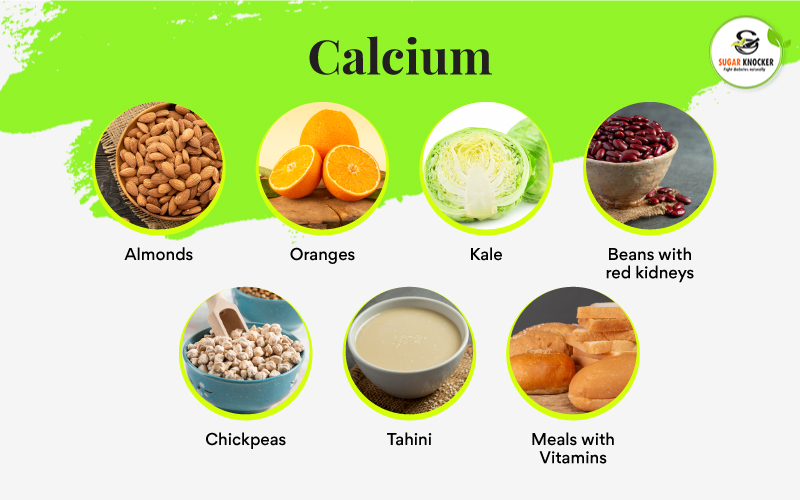
It’s also crucial to make sure a vegan diabetes diet has sufficient calcium, which is essential for strong bones. Calcium is required throughout one’s life, but it is especially important when the bones are still maturing. Dairy alternatives, such as calcium-fortified plant-based milk and yogurts, should be considered.
Calcium-fortified vegan foods include:
- almonds
- oranges
- kale
- beans with red kidneys
- chickpeas
- tahini
- some meals with added vitamins (e.g., whole grain bread).
You’ve probably heard that spinach is high in calcium. Ironically, while it includes calcium, it also contains compounds that bind to calcium, making it harder for the body to assimilate. However, don’t let this deter you from eating spinach because it still includes a number of other nutrients.
Other vitamins and minerals
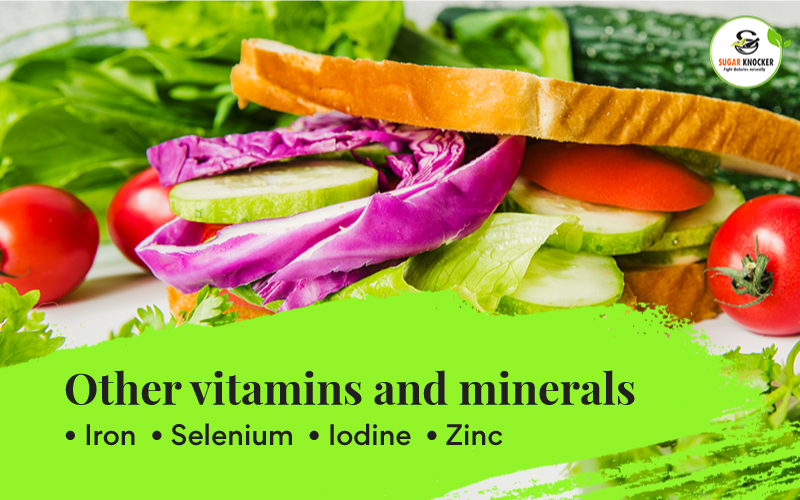
Omega-3 fatty acids are beneficial in the treatment and prevention of cardiovascular disease. People with diabetes have a higher risk of heart disease, thus having Omega-3 in their diet may be beneficial. When adopting a vegan diet for diabetes, though, can be more challenging.
Omega-3 vegan sources include:
Walnut’s flaxseed and rapeseed oil soya-based meals (e.g., soya milk, tofu, and walnuts).
Because these sources aren’t as good as oily fish, it’s critical to incorporate them on a routine basis to receive enough Omega-3 fatty acids. You might want to think about taking a supplement but make absolutely sure it’s acceptable for vegans.
Iron
Some vegans may be afraid that they probably wouldn’t be able to get enough iron from their diet because the meat is high in iron.
Iron can be found in a variety of vegan foods, including:
Bread, cereals, dark green vegetables, almonds, dried fruit, beans, and pulses are all good options.
Vegetables and fruit, which are strong in vitamin C, can also aid since they enhance the amount of iron your body processes.
Selenium
Another vital nutrient is selenium, which is found in so many enzymes (substances that speed up reactions in our bodies). Brazil nuts have a lot of selenium, therefore they’re a valuable source.
Even though it’s crucial not to consume too much selenium, you might want to consider taking a supplement because vegan sources might be difficult to come by. Consult your healthcare provider about the best supplements for you.
Iodine
Iodine is used to make thyroid hormones, which regulate how rapidly your body cells perform. Plant-based sources aren’t always trustworthy, and so much plant-based milk isn’t fortified right now, speak with your medical team about these concerns.
Zinc
Zinc helps us to fight infection, along with other functions. You can get enough zinc by eating a varied vegan diet in diabetes which includes beans and pulses, nuts and seeds, tofu, grains, and wholemeal bread.
How to succeed in a Vegan diet?
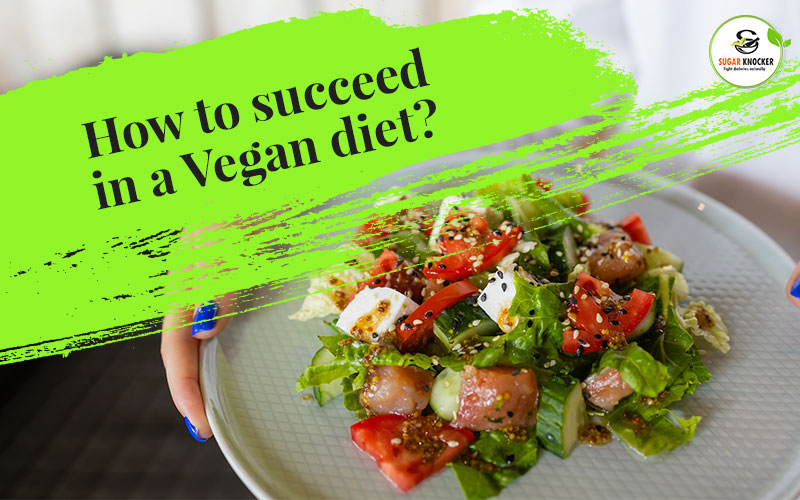
STARCHES AND FRUIT SHOULD BE THE BASE OF YOUR DIET.
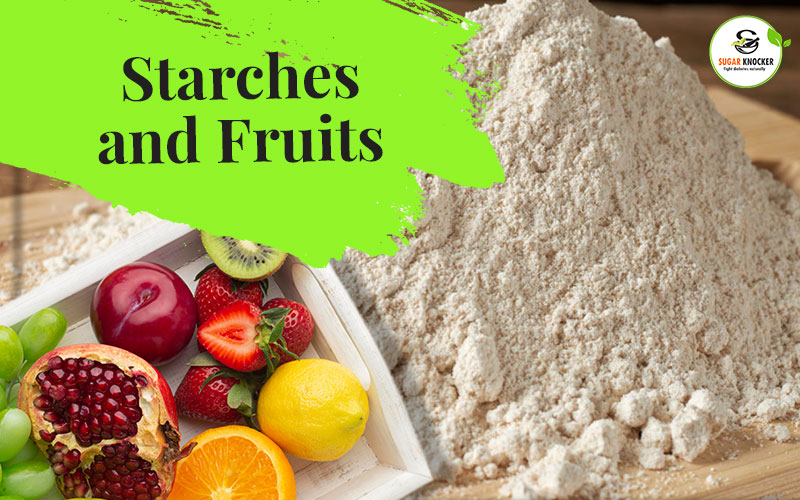
When people hear the words “plant-based diet,” they often think of broccoli or kale. Although eating a lot of leafy vegetables is good for you, they don’t have enough calories to keep you fueled and satisfied. It’s essential to consume enough healthful calories to thrive on this diet. Make carbohydrates or fruit the focal point of your dinner plate.
Use vegetables like potatoes, sweet potatoes, nutritious grains, and legumes to make delicious meals that you will appreciate. Bean enchiladas, pesto pasta, and chickpea pot pie are just a few examples.
EAT THE FOODS YOU LIKE WITHOUT CONCERNING SPECIFIC NUTRIENTS.
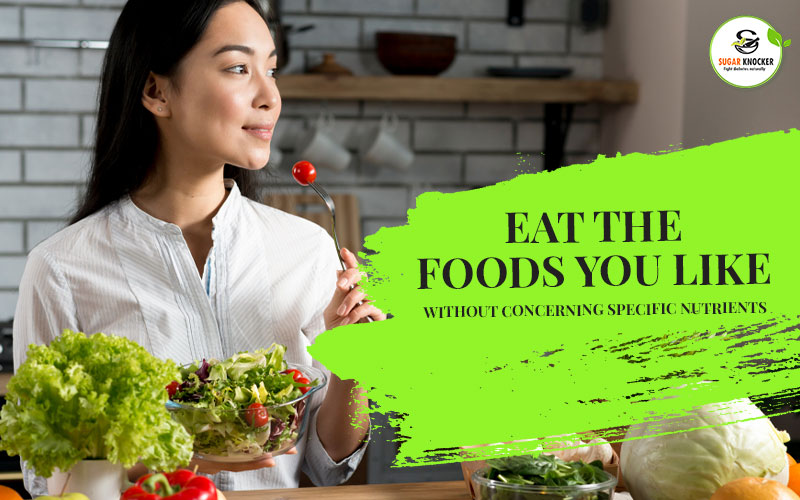
Many individuals regard eating as a nutritional balancing act, and they go about their days attempting to ensure that they are getting the correct balance of the various nutrients available. Protein, carbohydrates, lycopene, or whichever component is in the news that week are all being meticulously calibrated.
Such accuracy isn’t required on a plant-based diet, and the anxiety that comes with it might make it difficult to stick to the plan. The most critical factor in achieving success is to find or prepare the best meals possible. Nothing like a delicious sweet-potato lasagna for sticking to the diet.
DON’T GET OVERWHELMED ABOUT THE SMALL THINGS.
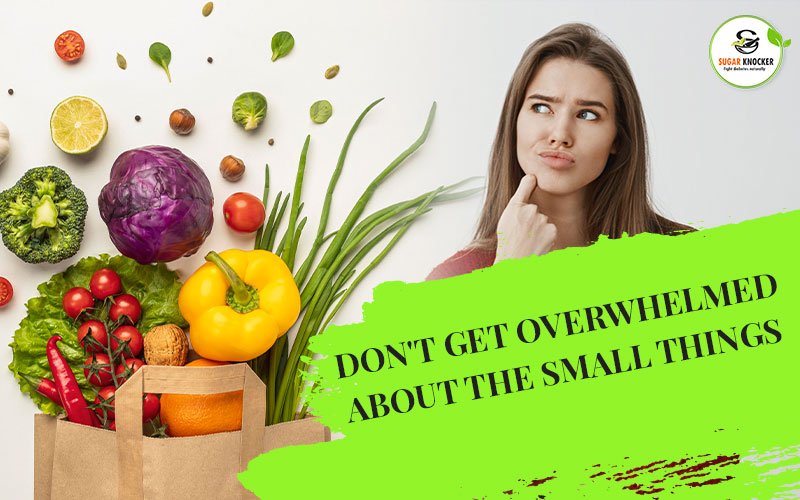
Concentrate on the large adjustments, such as moving away from meat, milk, and eggs and toward whole-plant foods. As a result of these adjustments, the nutrient composition of the foods that you eat improves considerably, and you will notice and measure the most visible and measurable gains in your health.
Because choosing whole plants is the most essential thing you could do for your environment and health, make sure that priority is met before pursuing higher objectives.
Pros and cons of Vegan diets
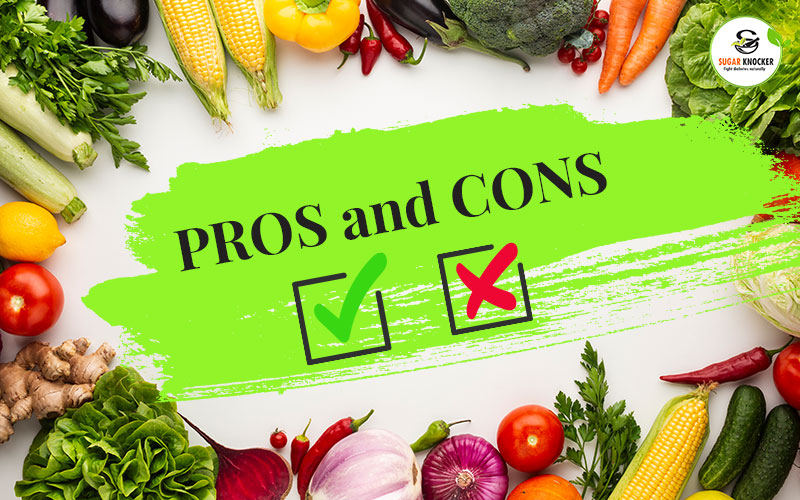
| Pros | Cons |
| Consumption of a wide range of fruits and vegetables, every day. | Protein and fat levels in vegan diets can be a little low. |
| Weight-loss-friendly diet | Vegetarianism can lead to nutrient shortages. |
| Feelings of satiety become stronger (high food volume, low energy intake) | Vegans have a harder time meeting their protein requirements without supplementation. |
| Fiber consumption is really high. | Higher protein doses are recommended when dieting, especially in athletes, to increase muscle retention and recovery, reduce hunger, and improve mood. |
| Non-vegans will be able to achieve their daily protein needs with ease. | Vegans, on the other hand, require more protein because the protein quality of their diet is lower than that of vegetarians and meat-eaters. |
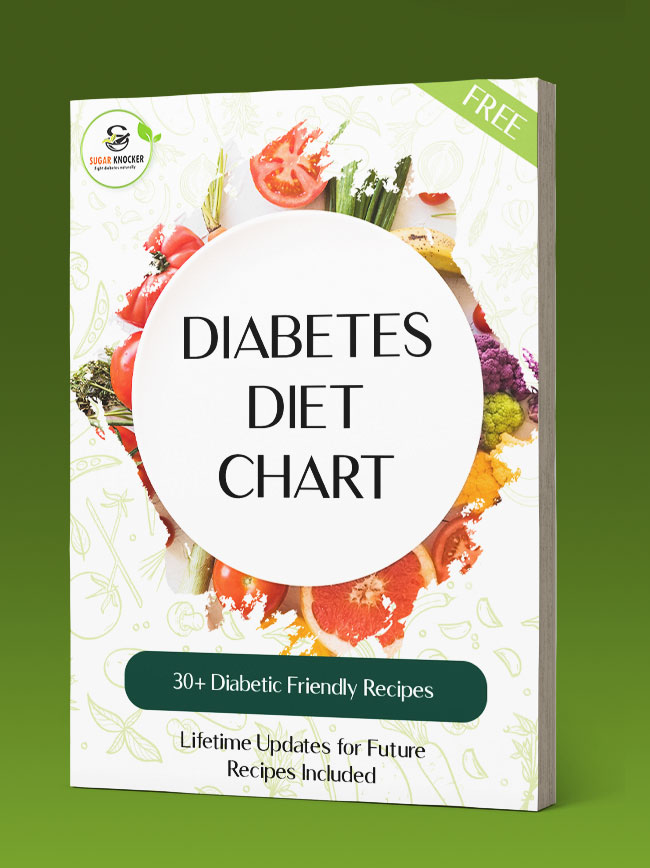
I have not read anywhere such an extensive and satisfying article about veganism with diabetes.
Thank you very much sir for the effort and kindness towards diabetics.
May God bless you 🙏.